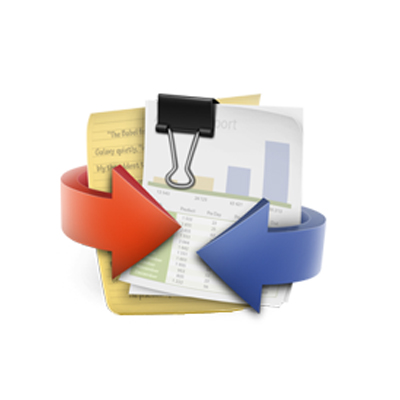If you're looking to convert ODT (Open Document Text) files to MSG (Microsoft Outlook Message) format, you have come to the right place. Our website provides a comprehensive list of converters that can effortlessly handle this conversion for you. Whether you prefer online converters or software, we have got you covered. The need to convert ODT to MSG arises in various scenarios. One common reason is when you need to send ODT files as email attachments using Microsoft Outlook. Since Outlook primarily supports MSG format, converting your ODT files to MSG ensures compatibility and ease of use. Additionally, MSG files offer advanced features like email encryption and metadata preservation which may be essential for communication and collaboration purposes. Whether you require a web-based solution or a desktop application, our list of converters includes both free and premium options, allowing you to choose the one that best suits your needs and requirements. Start converting your ODT files to MSG format hassle-free with our featured converters.










An ODT file is a document file format used by the free and open-source word processing program called LibreOffice Writer. ODT stands for Open Document Text, and it is the XML-based format that enables users to create, edit, and save text documents. ODT files are compatible with other word processing software such as Apache OpenOffice, Microsoft Word, and Google Docs. Being an open-standard file format, ODT ensures that documents can be easily shared and accessed by different software and operating systems. ODT files can contain various elements like text, images, tables, charts, and more, allowing users to create professional-looking documents for personal, academic, or professional purposes. By converting ODT files, users can transform their documents into other formats such as Microsoft Word's DOCX, PDF, or HTML, depending on their specific needs.
MSG files are a file format used to store messages and other related items in Microsoft Outlook. These files contain various components, such as the sender and recipient information, subject line, date and time of the message, as well as the actual content of the email. MSG files are commonly used for email archiving, data backup, and message sharing purposes. They are a proprietary format exclusive to Microsoft Outlook, which means they can only be opened and viewed within the Outlook application or other compatible software. MSG files are versatile and can also include attachments and embedded objects such as images or documents. With the help of specialized tools or software, such as an MSG file converter, you can easily convert MSG files to more commonly accessible formats, ensuring compatibility and easier sharing across different platforms.